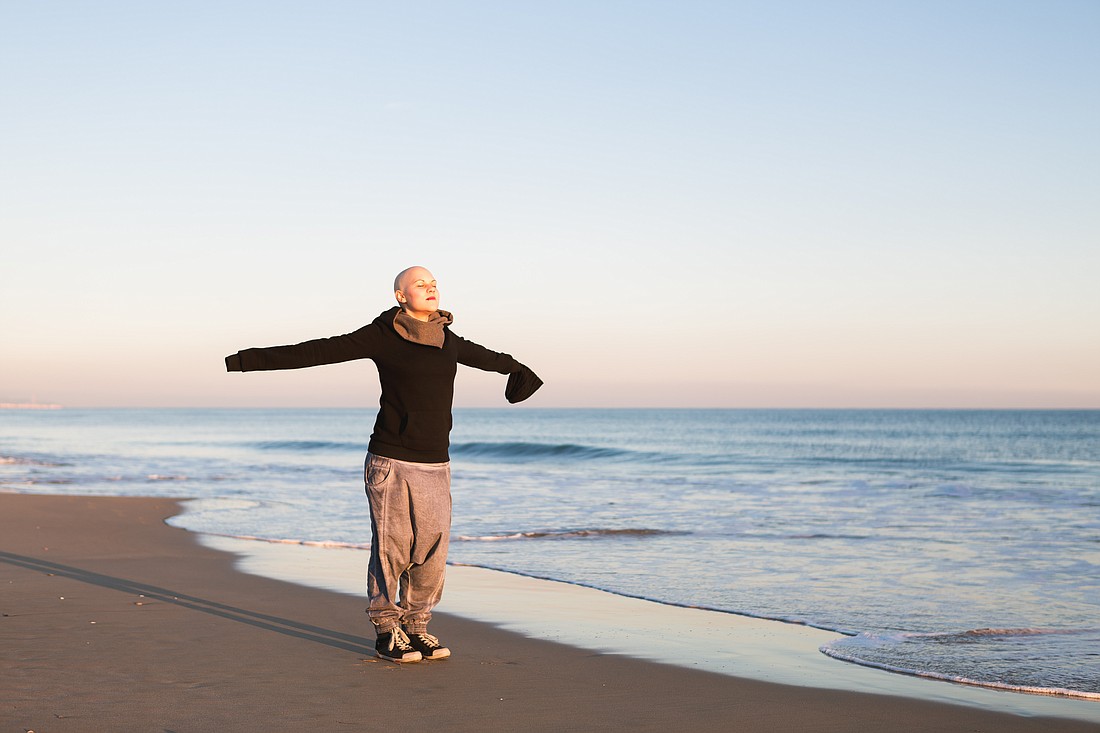- May 3, 2025
-
-
Loading

October is Breast Cancer Awareness Month, so I’m reminded of how important it is to do self-exams, get regular checkups and mammograms.
But this month brings an unwelcome reminder for me personally since I lost my mother, sister and father to various forms of cancer. So, I’ve decided to dedicate this month’s column to the c-word in general and what we can do to prevent and manage it.
Genetics obviously play a big role in whether you’ll develop cancer. But environment and lifestyle are also key.
According to a study published in the June 13, 2023, issue of the American Cancer Society’s Cancer Journal, 30%-50% of all cancer diagnoses and over 40% of cancer deaths are linked to unhealthy lifestyle practices including smoking, bad eating habits, obesity, excess alcohol use and not enough exercise. The data suggests that these cancers are largely preventable with lifestyle changes.
As a health coach I’m all about changing lifestyles to prevent or manage health issues, and science supports my enthusiasm.
Skin cancer is the most commonly diagnosed form of cancer, and lung cancer is the leading cause of cancer deaths among all Americans. By using sunscreen and not smoking, these two cancers are often preventable.
Eating well and getting plenty of exercise are among the most important things we can do to prevent cancer. Exercise helps to control your weight and stabilize hormones.
Controlling your weight helps to reduce the risk of breast, colon, endometrium, esophageal and kidney cancers. A healthy low-fat, high fiber diet of fruits and vegetables is also a major factor in reducing cancer risk.
Thirty minutes of moderate, low-impact cardiovascular exercise a day, like brisk walking or biking, also helps reduce your cancer risk.
For cancer patients, easy cardio exercise has been shown to increase hemoglobin levels, reduce inflammation, lessen fatigue, keep muscles in shape for better everyday activities, increase self-confidence, reduce depression and aid in recovery from surgery.
Cancer treatments are improving. Highly effective combination and targeted treatments are being developed. And doctors have now included lifestyle as an integral part of long-term cancer management.
With new treatment options, healthy habits and watchfulness, many cancers need not be the death sentence they used to be.